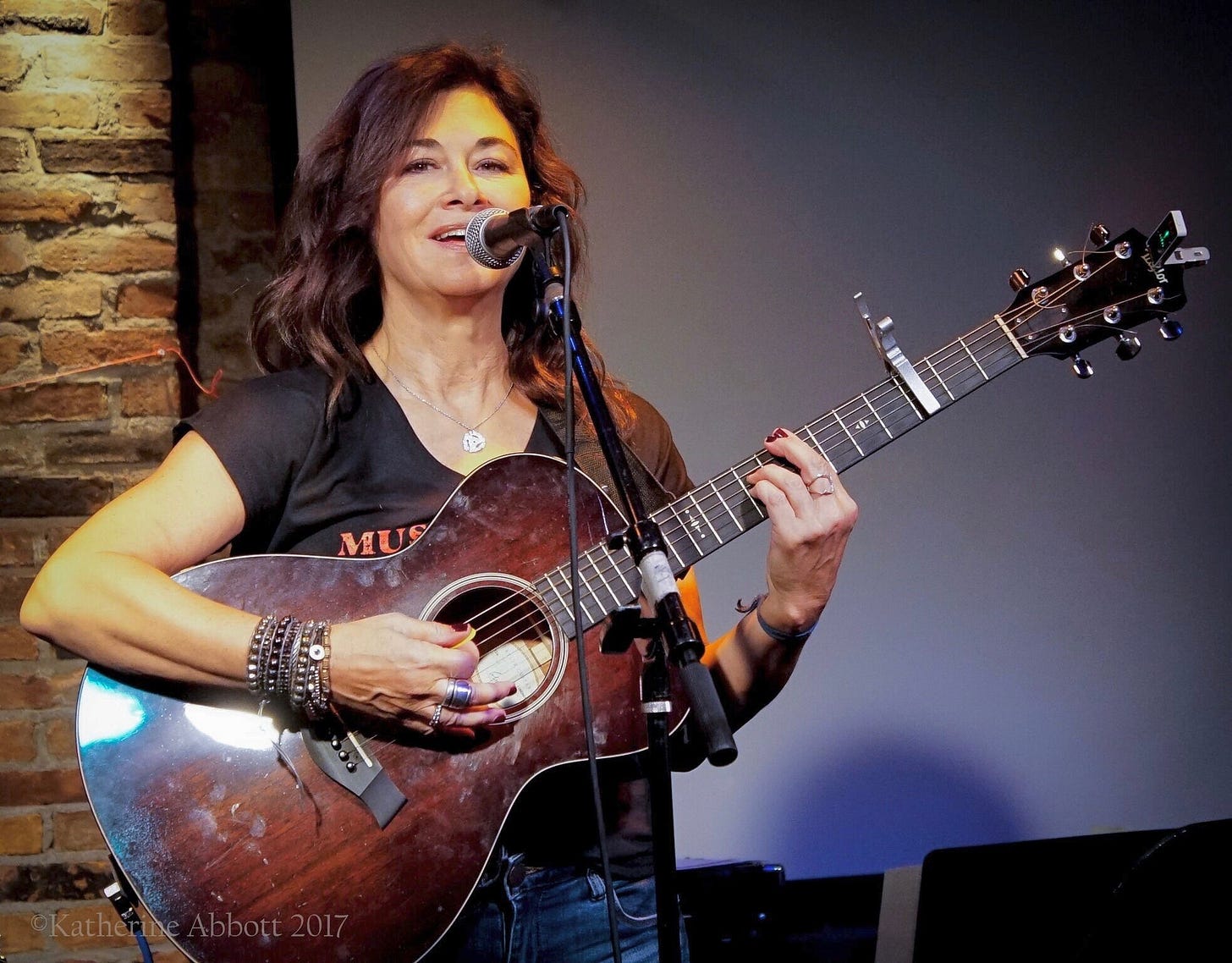The Journey of a Serial Songwriter: A Conversation with Shelly Peiken
Having written hits for Christina Aguilera and Meredith Brooks, Shelly Peiken sits down to talk about the biggest issues in modern songwriting.
Sometimes the internet still impresses me. A few weeks ago, I was trying to confirm an obscure fact about the song “What a Girl Wants.” I couldn’t find it anywhere, so I found the songwriter’s email and reached out. That songwriter, Shelly Peiken, responded a day later. We got to talking, and she agreed to sit for an interview.
After landing her first cut on a Taylor Dayne album in 1986, Peiken wrote for an assortment of artists throughout the early 1990s before writing huge hits for Meredith Brooks (i.e., “Bitch”) and Christina Aguilera (i.e., “What a Girl Wants”). In the years since, she’s worked with The Pretenders, Mandy Moore, Cher, Jessie J, and so many others. We sat down for an hour to talk about how songwriting has changed in the last 30 years, the problem with royalties in the streaming age, and how she sang “Bitch” for Nancy Pelosi.
I usually start my interviews at the beginning of a person’s career, but I want to start more recent with you. After decades of writing hit songs, you put out your debut album in 2020. What compelled you to do that after so many years?
The interesting thing about the word “debut” is it means that more came after. I don't know if that will ever happen. But I was compelled to do it because I never put my voice on my own songs publicly. Somewhere between comedy and tragedy, we released it a week before that first lockdown, so no promotion ever really happened. I'm not saying that as a sob story. It doesn't really matter that much to me. I don't think any amount of promotion would have put that album on the charts or changed my life commercially. It just was kind of anti-climactic.
You really reimagined some of the classics you had written on that album. Was that always how you heard those songs? Or did you want to make them sound different?
That was how I wanted those songs to sound from me. There are limitations I have to work around. I can’t sing like Christina Aguilera. I don’t have the same rock force as Chrissie Hynde. So, I had to sing in a way that worked for me anatomically.
Singing is strange in that way. It’s an instrument, but it’s also part of you. And you can’t really change certain things about yourself.
You can improve it. You can stretch it. You could make it more limber. But you're either born with the equipment or not. No number of vocal lessons will make you sing like Ariana Grande.
I like the way my voice sounds. It took me a long time to say my voice is uniquely me. I don't want to sound like I'm following an algorithm or melisma. Of course, there are times I'm in the studio that I want to sing a demo myself and realize I can't reach the notes. That can be frustrating. But I like my voice.
Your big break as a songwriter came when you landed the song “Carry Your Heart” on Taylor Dayne’s 1988 album Tell It to My Heart. How did that come about?
Ric Wake, the producer of that that album, had surfaced in the community around budding songwriters in New York City. He knew that if he brought the right artists and the right material into Clive Davis or Tommy Mottola that he could get it on an album. At the time, Ric was looking for material for Taylor.
My friend Ken Cedar and I had heard the title track from the album and wanted to write something similar. It was super rhythmic and up tempo. We made a demo and stuck it on a cassette. At the time, I would always include a second song on a cassette. The second song on that cassette was “Carry Your Heart,” a song that I’d written by myself. Ric listened to the cassette and liked “Carry Your Heart” better than the one we wrote specifically for Taylor. She liked the song too, so they ended up cutting it.
Readers often ask me how lucrative it is to have a cut on a multi-platinum album. Like could that one song on that one album sustain you for some time? Or did you still need another job?
That album sold 3 million copies worldwide. Each time it was sold, all the songwriters collected a royalty, whether they had the lead single or an album track. I think the math would say that song alone generated $240,000. That was a nice living for a young person in New York City in the 1980s and 1990s.




